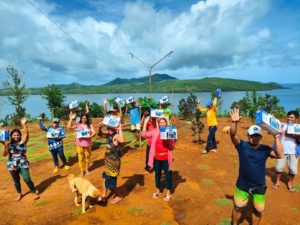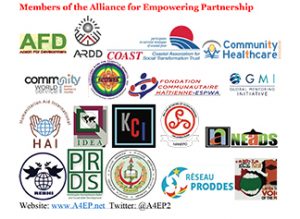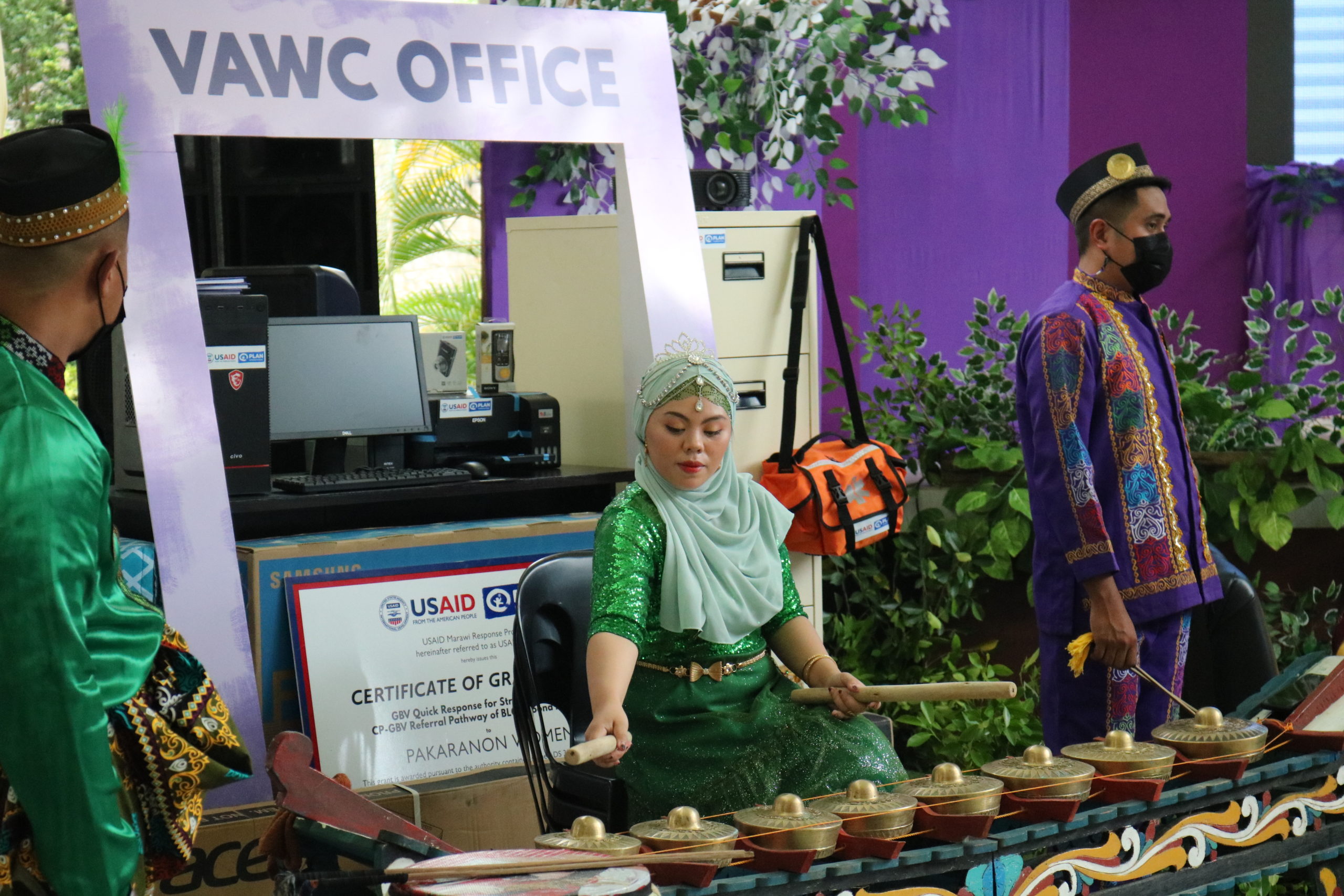The intensifying collision between the government forces and ISIS-inspired militants in Marawi City on the 23rd day of May 2017, engraved a traumatic experience to the people of the Islamic City. A conflict to the people, as a devastating warfare that has never been foreseen in the city for years where majority of civilians evacuated en masse and displaced to nearby areas.
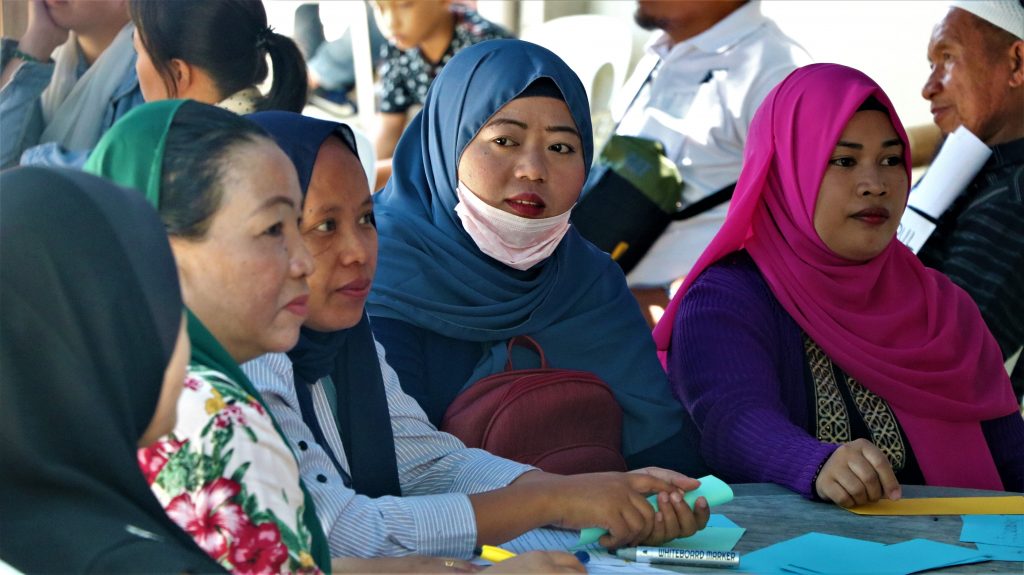
As bullets vastly drizzled and bombs stormed the urban grounds, it was the people’s biggest downfall. But after the conflict, where living shifted to survival, the internally displaced persons shouted their greatest defeat. However, as time pins its fate, government agencies and concerned institutions paved their way to assist the people affected by the crisis through relief operations, medical missions, provision of cash and livelihood grants, and allocation of transitional shelters. All throughout, rehabilitation plans were outlined and recovery programs were effectuated over and over to ensure the conditions of the IDPs.
Two years– the harder as it gets. Accordingly, about 75% of the residents have returned to their homes and rebuilt their businesses in the city. However, at least 50,000 residents of the main affected area are still displaced, both in tents and home-based. This is an indication that after two phases after the clash, there are still priorities that have to be addressed since a lot of IDPs have clamored their frustrations regarding the plans that were made for them. Through times, these IDPs coming from the main battle area have been raising the voice as one, to grasp the memories of their beloved city as to how they lived there for years.
Alongside, with the commemoration of the second year of the Marawi siege, EcoWEB with support from Help-Germany convened self-help group leaders as representatives of the project beneficiaries to conduct a commemorative activity and learning review. The activity targeted to learn and improve the organizations next round of interventions, help in designing intervention continuity and additional support, and process the learning of each IDP voices to share the information to concerned bodies.
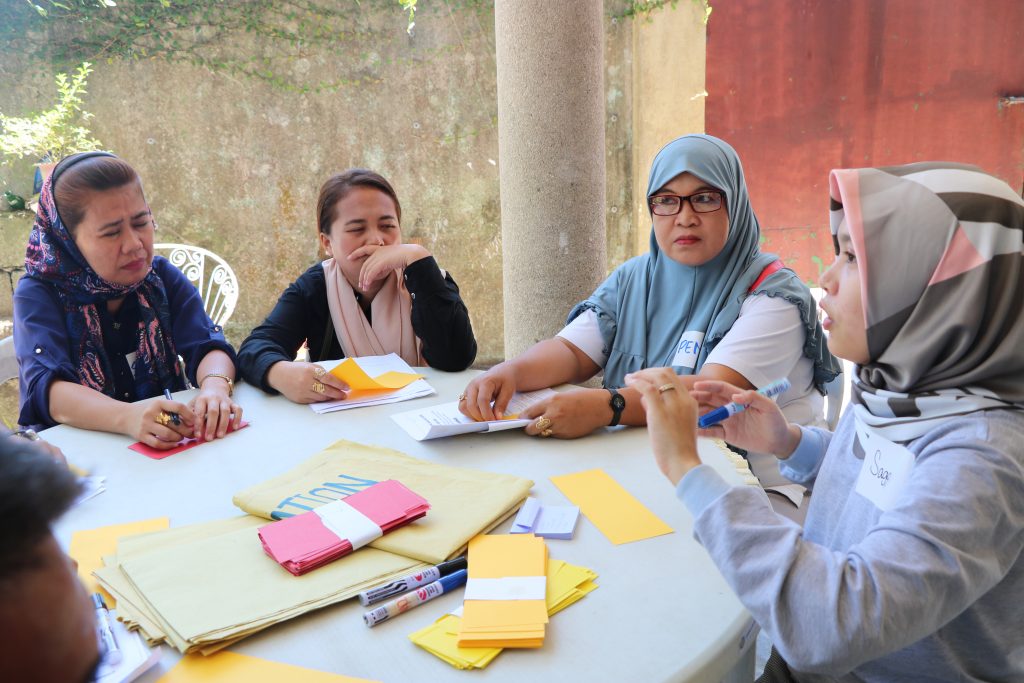
Saguira Animbang, Community Development Facilitator, discusses about the importance of beneficiary’s participation in every project implementation and on what are the possible actions that can be made in terms of engagement in planning and decision-making. (Photo by JEMLacre)
After all the interventions given to the affected communities, are the IDPs’ voices still matter? After two years– what has been heard that needs to be acted upon? This is not just remembering, it is a call to answer.
Interventions in the Ground
With the implementation of the “Post Marawi Conflict Humanitarian Assistance to Most at Risk Displaced Families” project of EcoWEB and Help-Germany, it enabled most at risk and vulnerable IDPs from Marawi to improve their capacity to survive with dignity, uphold their basic rights, and strengthened the capacity to address their basic needs for survival.
EcoWEB has reached communities with the project such as Pacalundo, Balo-i, Campong and West Pantar, Pantar, Pagalungan and Linamon, Ramain and barangays in Marawi City namely Raya-Guimba, Cabasaran, Bito Buadi Itowa and Buganga. The organization has provided cash assistance to vulnerable IDP families and self-help groups, support for the repair of water system and support to strengthen mechanism for the protection of their rights and their participation in the Marawi rehabilitation planning process.
Through collective efforts of these groups, they were able to establish their own micro businesses and regained their start-up capital. Also, leaders of the organized IDPs or the Sowara o Miyamagoyag have built-up significant facets of change through echoing the voices of the M’ranao people and addressing the issues and concerns to the higher grounds.

“Even if the government has assisted us, we still want to start again. We are really thankful of EcoWEB for helping us. They gave us cash grants by group, trained all self-help group leaders in leadership and management, and enabled us to plan for our livelihood. They let us decide for our group and we got the inspiration to stand up for our children and family.” said Micmic B. Pumbaya, IDP in Pacalundo, Balo-i.
Focus Group, Focused Learning
During the learning review initiated last May 24, 2019, a day after the anniversary of the siege, a simultaneous thematic focus group discussion was conducted by the organization to discuss among groups keynotes on the implementation of the projects and other matters that should be taken into consideration specifically IDPs’ concerns within the two-year journey after crisis.

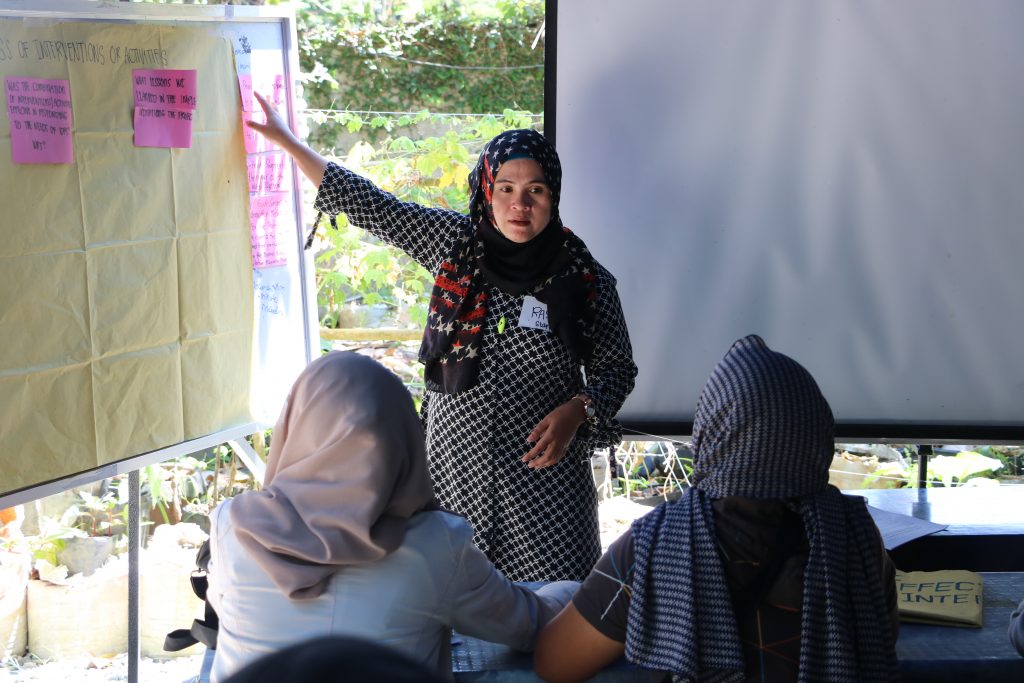
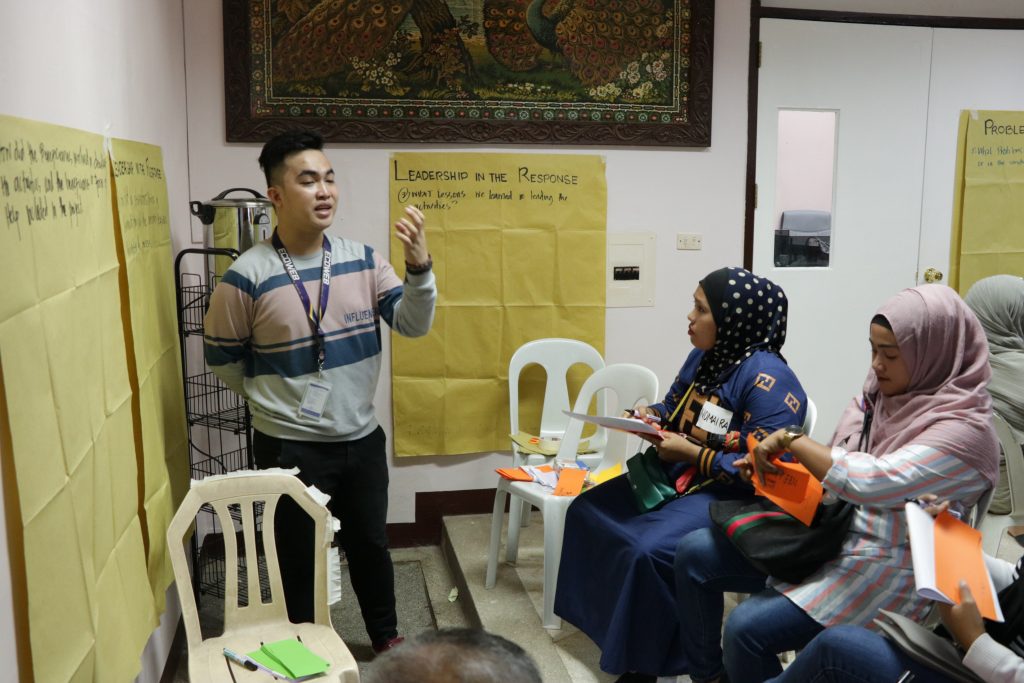

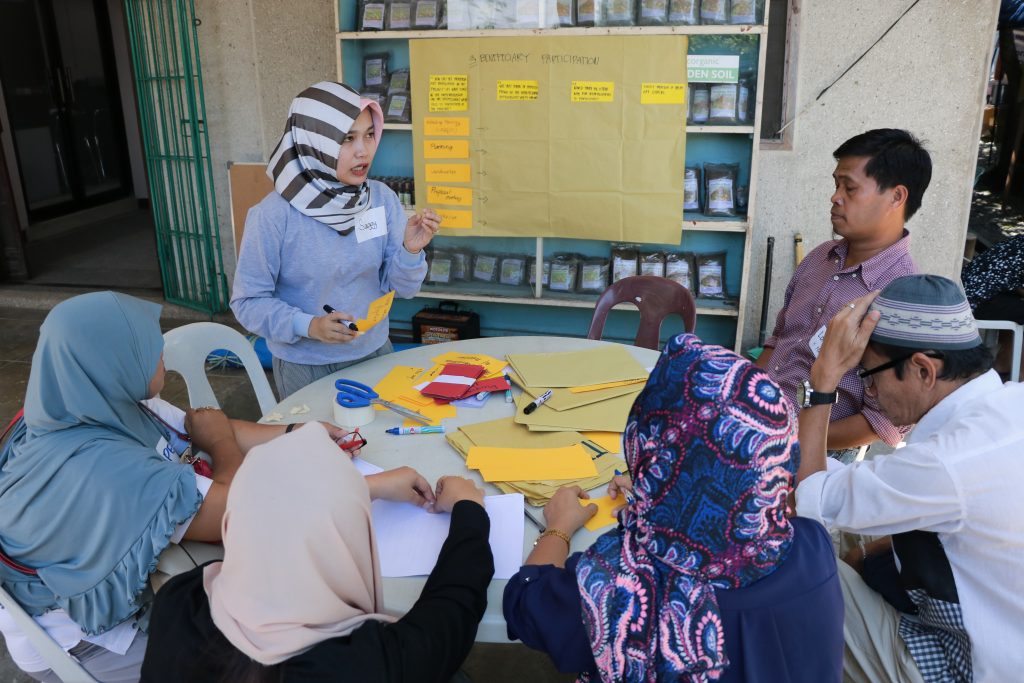


Community development facilitators are assigned to discuss key themes to the beneficiaries to assess the implementation of the project and deepen understanding on key points for future undertakings and interventions. (Photo by JEMLacre)
Themes include attainment of project objectives, effectiveness of the interventions, or activities, beneficiary participation, leadership in the response, project impact, problems and challenges, and continuity and advocacy. Through synthesizing all the discussion, it was found out that one way of strengthening IDPs is the complementation of intervention which is beneficial to both economic conditions and cohesion of the community.
It is also a way forward to see actions in strengthening unity and cooperation. Through this, it is essential for the project to keep an eye on modalities especially through sustained consultations and sharing of opinion and consensus building. It can be sustained by upholding values such as the value of respect, transparency, accountability and fairness.
As the group processed, they expressed that there should be more activities that respond to their common needs. Also, with the call to strengthen consensus building, they have underscored specific action plans coursing through leadership mechanism and skills development. It was tackled that leadership should be a joint effort between the beneficiaries, IDPs and EcoWEB. This will be effective if each group has a specific role to represent.
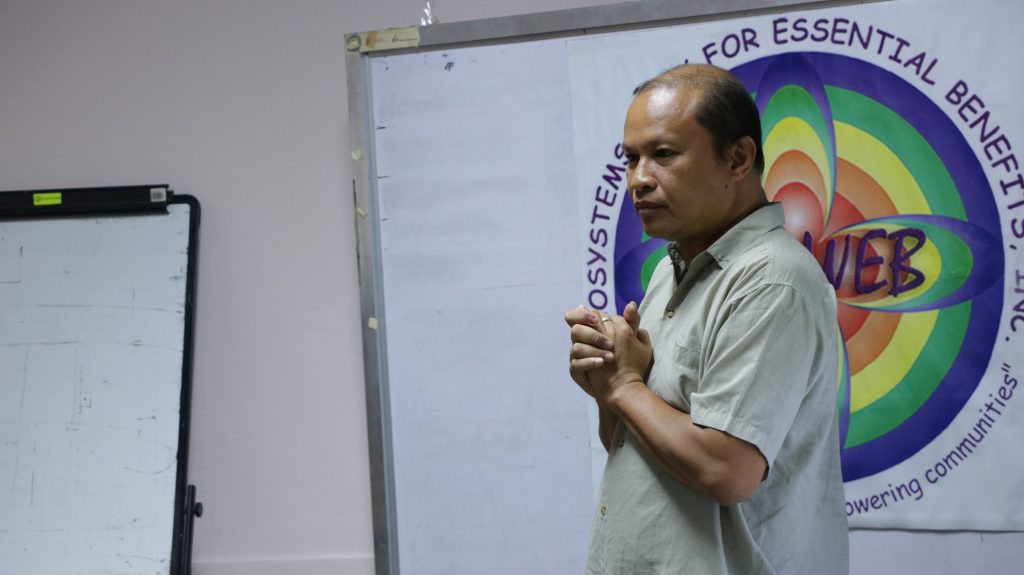
Carino Antequisa, expresses about the role of each one in rebuilding Marawi and in achieving resilience within themselves and their communities. He expounds the role of each organization in terms of interventions and the role of the IDPs from MAA to voice out their concerns to the government with a common goal. (Photo by JEMLacre)
“Every project that we do, this will be effective if each group has a specific role to represent. We should always avoid misunderstanding and identify who takes charge. As I process the continuity and advocacy theme, the continuity of the project should be based on gains. Advocacy should be based on what is lacking or what should be there. We look into things that are not yet attained by the people which the government can also help to do so like your urge to return in MAA and provision of assistance. We need to have one voice.” said Carino Antequisa, EcoWEB consultant and main facilitator of the learning review.
Innovation in Action
EcoWEB is proactively advocating localization. Through survivor and community-led response (sclr) approach, it benefits various actors especially the community in engaging to different activities that could develop action plans for their recovery and steps in achieving resilience. After two years of the Marawi crisis experience, this approach is also significant in looking into deeper understanding that in reality, localization can be immensely considered and can provide life-changing impact to the crisis affected communities.
It was seen through EcoWEB’s interventions, participative processes and learning such as consultations, local contexts of assessing vulnerabilities and influences and deciding for their own long-term recovery can inspire collective actions. Within the course of the implementation, even with the distresses and frustrations experienced by the IDPs for two years, they are able to stand for themselves and establish their own projects that could sustain their needs and improve their life conditions.
For the last months, the IDPs main concern is the consistency and sustainability of assistance that the government has provided them. Although there may be a lot of agencies that shed arrays of assistance but they keep on placing their concerns to cross more fences for them because they need more motivation to be independent and can bounce back from the cruel encounters. It was then raised by the IDPs about the possibility of complementation of projects and expansion of assistance, in which, they labeled as a developmental assistance. Moreover, as for the sclr approach, complementation and collaboration of the community to different agencies are part of its framework.

Executive Director, Regina Antequisa, persuades the IDPs that the organization will be doing its part to tap more funders and agencies for further assistance to the affected communities especially to those who are still in evacuation areas and home-based. She expresses about the importance of project complimentations to hand over additional assistance that could benefit the IDP and their families. (Photo by JEMLacre)
“We all know that there are a lot of those who are in need, however, the resources are very limited. Hence, a need of complementation was seen. I believe that the complementation between EcoWEB, other organizations and the government is really important to be considered. By all means, we are trying our best to get additional support so that we could continue helping you, and that the gains that we have generated in our initial projects can be sustained. With the previous experiences of the assistance coming from different project funders, it becomes the basis to encourage more funders to work hand in hand for us. We will try our best that based on what are the identified needs of the IDPs, it should be given action or additional projects.” said Regina S. Antequisa, executive director of EcoWEB.
A Resounding Voice for All
As they say, when we all sing with one voice, everyone will stop and listen. Although soft as it may sound, but when the people sing all at once, it becomes a massive call.
This gives the people of Marawi the motivation to speak up as one and deliver the message to the mass. At par with the concerns raised by the IDPs, the consistency of the displaced individuals to call for action on several issues should not just be an eye-opener to the M’ranao community but to instill a decent proposal that could make the government and concerned agencies work closely on resolving the struggles of the affected community.
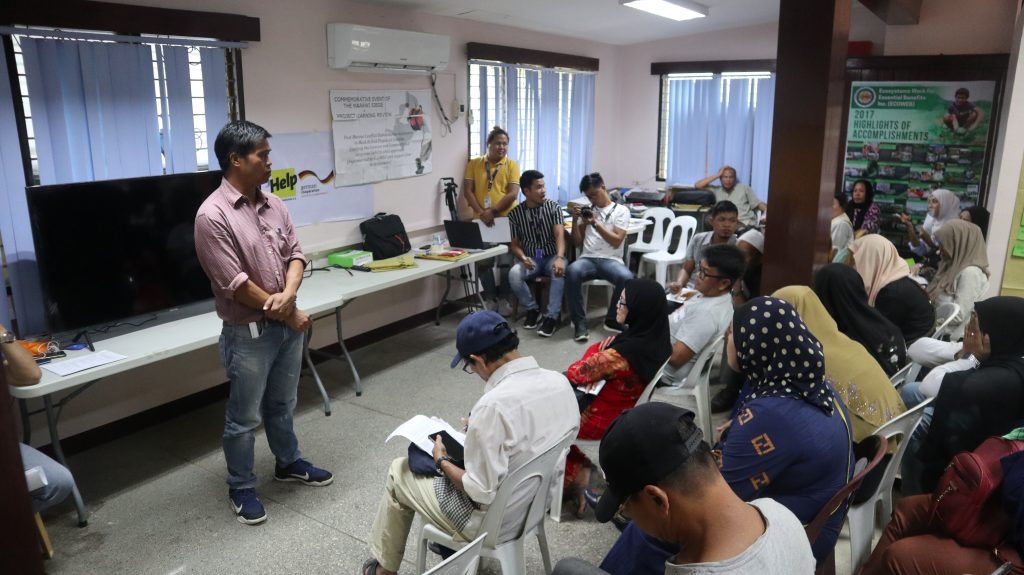
Leaders of Self-Help Groups formed by the organization to different area vent out their concerns on the prevailing issues that IDPs have been facing today. One participant shares about his family’s eagerness to go home and acquire additional livelihood resources. (Photo by JEMLacre)
‘Voices from Marawi IDPs’ is part of the commemorative event initiated by the organization for them to freely vent out the frustrations and speak up the things that keep the roars in place especially with the past two years experience after the siege. This was the opportunity given by organization to get these messages across to other and express courageously in pursuit of equity and justice. They have soaring for a great anticipation on how they feel because future circumstances matter to them.
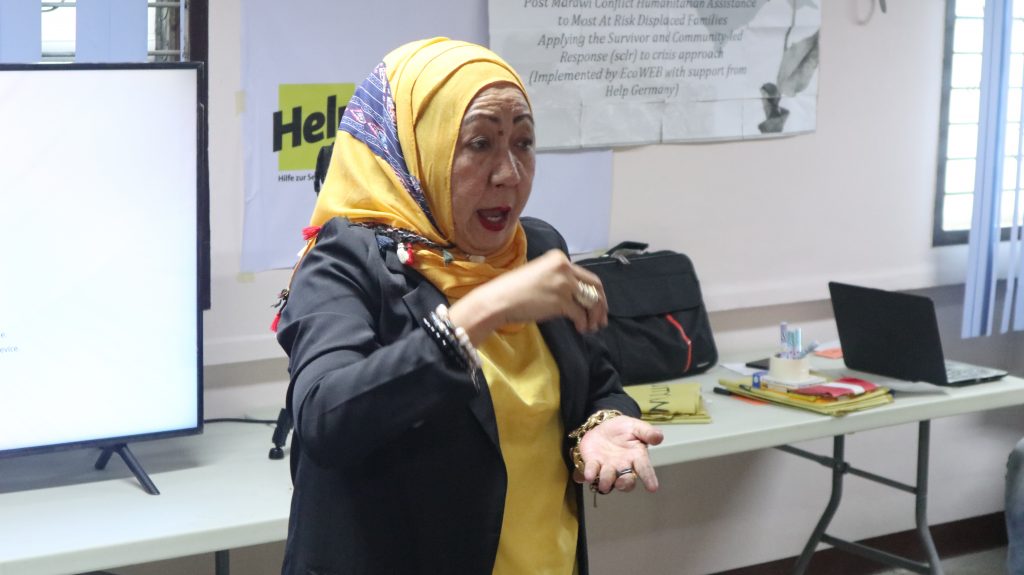
Padoman Paporo, J.D., delivers an emotional message and expounds about the Marawi people’s call to the government – to go home. She explains that the rehabilitation of the city has been long overdue and people clamor about wanting to go home and rebuild their homes and recover fully from the crisis. (Photo by JEMLacre)
Padoman G. Paporo, J.D., one of the spokespersons of BMCSOP, has recognized the big help of the transitory family support package worth 73,000 pesos in which 15,677 families from 24 barangays have already received the assistance. However, the condition of the IDPs is still an unrest case to most. She expressed that the forefathers have instilled them strong compassion to uphold with their rights as M’ranaos but it slowly becomes a painful memory to some.
“As we express our sorrow living in what we call tents, we have nothing do since we do not have the chance to return in our homes even how much we really want to go home. They do not know how difficult it is to lose our dignity as we become evacuees. Every time we lobby our concerns in the congress and in the senate, as I am able to attend, they will always have reasons on why we could not able to be return in our places. As we all know, we can go home, the government has the capability to do so. We don’t know if we are being cheated or not, but we should remain intact especially our rights. We should not beg for anything as we have the rights to claim what really belongs to us. For those politicians who have won the election, we should plea for our favor regarding on the approval of the Marawi Reparation and Compensation Bill. We should be united and shout for our desire to go home because it is for us. Please let us go home. Marawi is our home.” she underscored.
In behalf of the youth IDPs and as a volunteer, Sittiemoslimah B. Pagalad expressed that the youth will continuously extend their help in serving as ears and eyes of the people in Marawi. She extends her voice to take part in solving the issues and concerns and help in echoing this in the ground level.
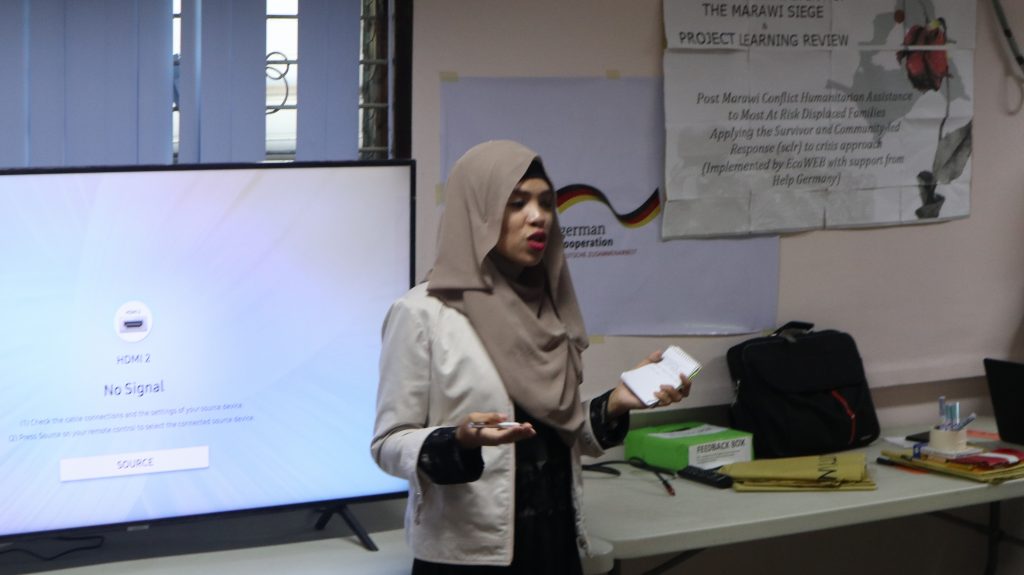
Sittiemoslimah Pagalad, a volunteer and youth representative, tackles about the involvement of youth in crisis responses. She says to the whole group that the culture of togetherness and unity relies on everyone’s capability to stand up and fight for their own rights most specifically for the youth to engage with activities that could strengthen their capacities to help. (Photo by JEMLacre)
“We have to be thankful of the opportunity because we are here to learn about the updates of rebuilding the Marawi since we usually wait for the assistance that will be released to us. In behalf of the youth sector, we are very thankful because EcoWEB helped us become empowered like being aware of our rights. I know that we have the capacity to share to the survivors our needs and to call the government regarding our priorities. If there are anything that we can help, the youth should always be in service because our community needs us. Relay and share valid information to other IDPs especially those who are still in evacuation centers because we need them to know what is happening, so they can speak. We can all contribute to something great if given the opportunity to be involved. I am encouraging our older sisters and brothers to participate because that is the only opportunity wherein our voices will be heard especially our prayers and desires to get back and return to our homes.” she exclaims.
After all, the voices are manifestations of unity. It may be a simple act of re-echoing the messages to concerned agencies and the government per se, but it is a strong voice wanting to be heard. The voice of the IDPs is the basis for the lobbying of advocacy on the ground with our participation in all planning process that will be conducted by the government particularly in Marawi rehabilitation and recovery program.
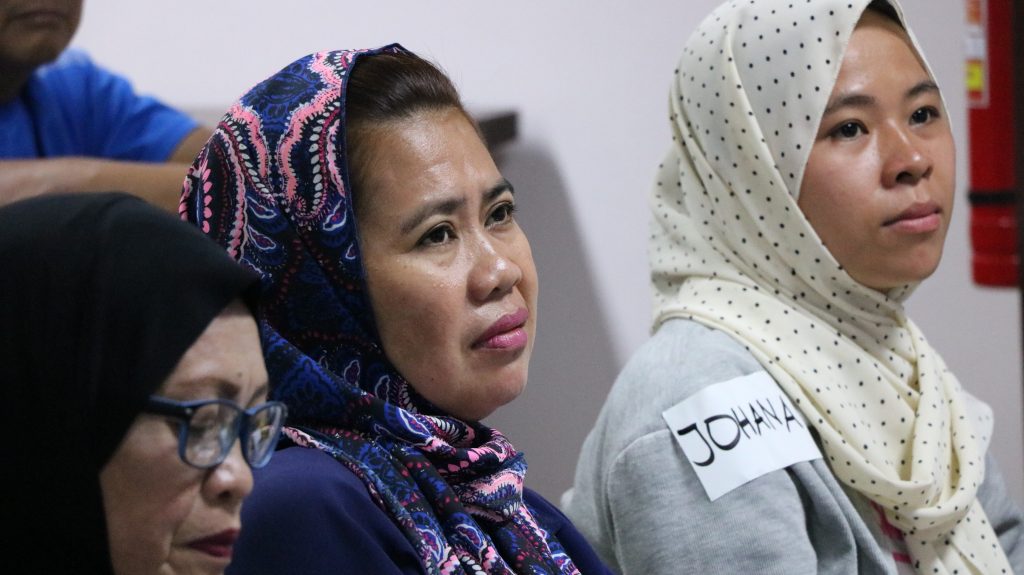
IDPs from Pacalundo, Balo-i, Lanao del Norte, listen to the closing statement of the executive director who discusses about the ways forward and future plans of the organizations to help the remaining IDPs lobby and voice out their dilemmas to the concerned bodies. (Photo by JEMLacre)
Particularly, the government has a big resource to sustain what the affected community has started. Through the voice of the IDPs after two years, it can be used for the next plan that everyone should push through. The fight is not yet finished and the IDPs still have a lot to see in the future to come. Through commemorating the heartbreaking event, it is not just remembering the downfalls, but it is also a way of looking forward for IDPs to rise again and for Marawi City to be the peaceful Islamic City, with bullet-scars healing and a life worth living a second chance. | Story by EG Lacre
#MarawiAfterTwoYears #SurvivorAndCommunityLedResponse #BuildingPartnerships #EmpoweringCommunities


